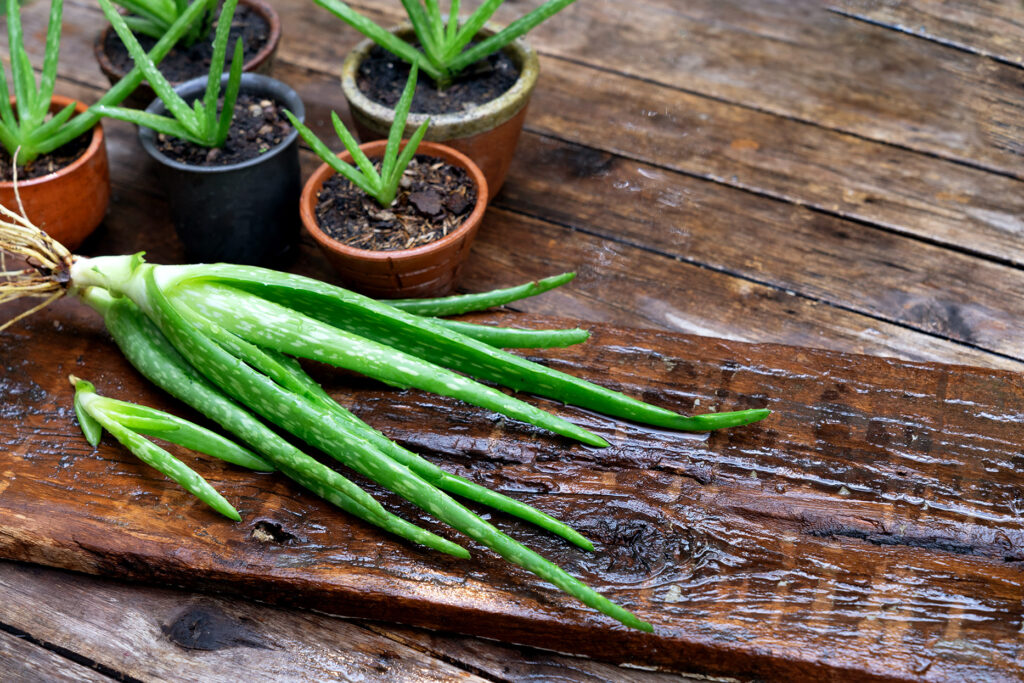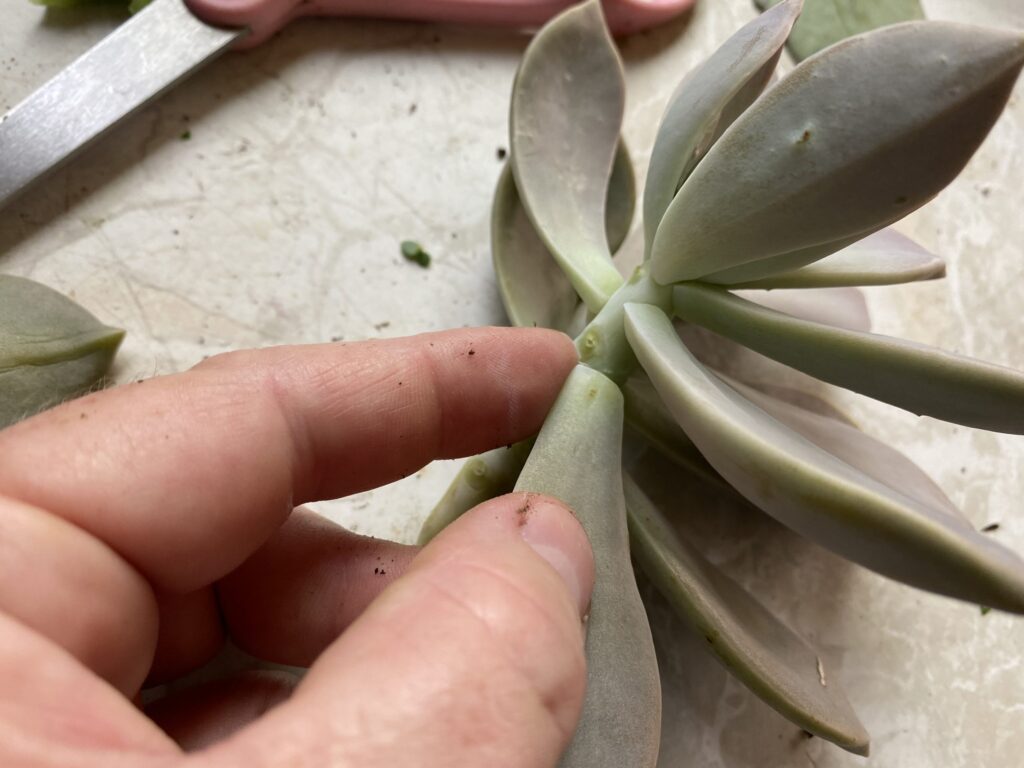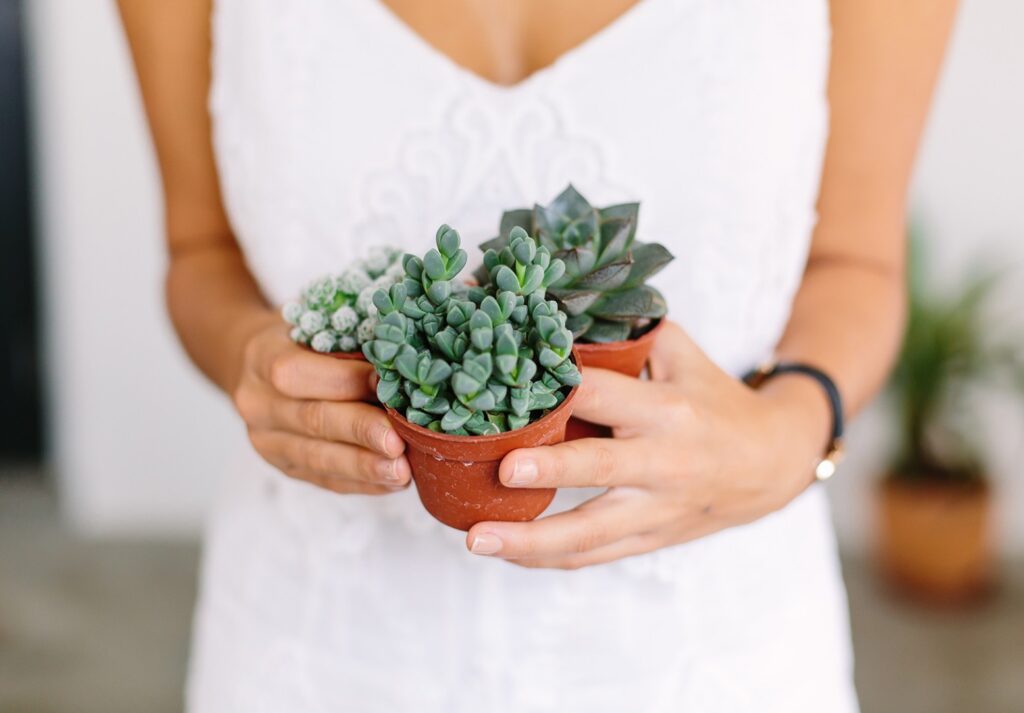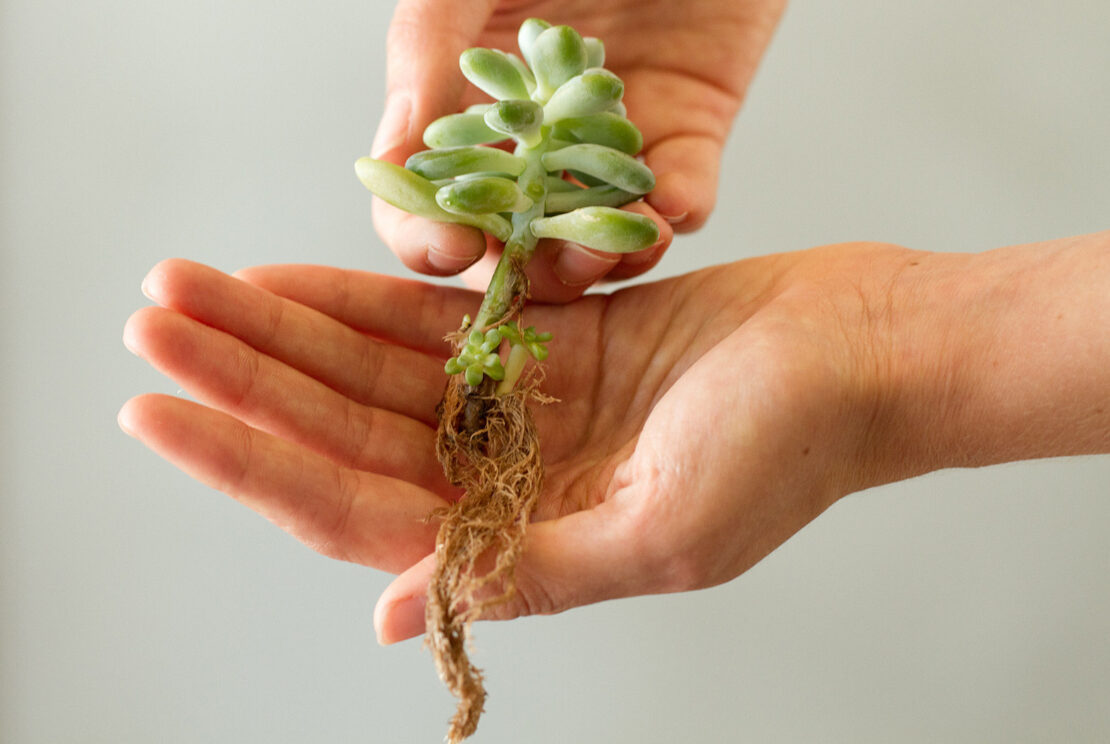Owning plants usually means taking constant care of them while attempting to propagate them into a bigger green family. The type of plant usually changes the way we achieve this as plants can grow in numbers through asexual means, seeds, and pollination. The choice we usually pick for our home plants is propagation. It allows us to use parts of the plant that may be growing a bit too fast and put it in a different pot for the sake of giving it more room to grow and removing potential strain from the parent plant.

One of the most popular houseplants are succulent plants. These simple plants fit into any home due to their neutral yet fresh appearance and provide plentiful benefits. The succulent plants can reduce anxiety, making them great for those experiencing any form of anxiety disorders or frequently get into pressing situations. These plants are frequently used for medical purposes, Aloe Vera is one of the most popular members for this purpose, so it makes sense their presence alone would help freshen up your life. The succulent plants also act as a source of oxygen, allowing you to breathe better and fresher air.
However, the succulent propagation is in a weird spot. The variety of types and species of plants have brought forth some legal issues when it comes to propagating some varieties. This is due to specific hybrids being patented. The patents usually stem from the plant being treated as a unique company product, due to the money invested into the development and growth of said plants. The patented hybrids are illegal to propagate for sale and profit. However, this does not cover growing them for personal interest so growing one at home is fine.

In case you want to grow and sell succulents, there are a few things to keep in mind. The first one is to always check the tag of the plant. The patented hybrids will usually have a note on their tag that notes them as illegal to propagate. This can save you a lot of time and effort when it comes to choosing plants to grow. However, if you are still uncertain about the legality of selling that species it’s useful to take a peek online and confirm whether it’s legal to sell. Keep in mind that patents last for 20 years so if the plant has been in circulation before the patent expired it’ll still have the tag while online information may have it as free to grow.
Once you’ve established the patented state of the plant you have multiple options. If a plant is patented you can check if the patent holder will permit you to grow it or you can look for a different one. In the case where the plant is not patented at all, it’s safe to start growth.

The last thing to consider is the species you are growing, its needs, and special traits. The growing of said plants becomes infinitely easier with proper information while knowledge of what makes them special helps you market yourself better.





